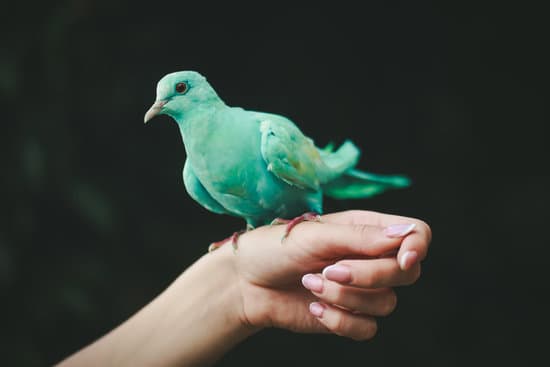How Do Certain Pets Help Seniors?

The adult children are away with their own families, and grandma’s once hectic house is now an empty nest. While the huge decrease in responsibility may be a well-deserved break, such changes often result in seniors becoming lonely or even depressed, especially upon the passing of their spouse. One of the cures for such changes in life is the addition of a pet to the household. Depending on the senior, some pets for seniors may be better suited than other pets for seniors.
Fish for Seniors
The initial setup process of an aquarium may be a bit involved for some seniors and could require some help. However, following completion of the setup, fish can be one of the easiest and cheapest pets to own. Aquariums can be beneficial for seniors no matter what the size is, including one that is desktop-sized.
Aquariums bring surprising health benefits.
One of the biggest health benefits with fish is a decrease in blood pressure. Studies have shown that anything that resembles an aquarium (including aquariums without fish) often result in decreased blood pressure. Aquariums also help alleviate traits related to Alzheimer’s disease. Studies have reported that Alzheimer’s patients who watched aquariums later ate more and became more relaxed and alert. This especially applies when the fish in the aquarium are brightly-colored.

Birds for Seniors
While a pet bird’s size may be small, their intelligence levels are high due to their problem solving and cognitive abilities. Birds are especially great for people with a limited living space and budget, and can even be outside their cages for short times. As a cost-bonus, birds do not eat as much as other pets, and other costs of bird ownership are lower than that of other pets, especially cats and dogs.
Cleaning of birds is simple.
Birds like to groom themselves daily to keep their appearance clean and bright. This reduces the need for many baths like what is required for other pets.
Birds can live in the house well.
For the bird’s safety, it can be placed inside the cage when the owner is away or occupied. Otherwise, the bird can sit on the shoulder of the owner for bonding or even communication.

Dogs for Seniors
Called “man’s best friend” for a reason, dogs often make for a favorite furry companion among many people, including seniors. Dogs can be stellar in companionship due to their dynamic personalities and loyalty to their owners. Most dog breeds require some form of daily exercise, which is a great way for the owner to go outside and walk too. Different breeds may be better suited for different owners. A senior who may lack some physical strength should look for a breed like Bichon Frise, Shih Tzu, or a Pomeranian, among others. One who has more strength can look into breeds such as a French Bulldog or a Greyhound. It is worth noting that out of all the pets listed in this post, dogs require the most energy, money, and could be the greatest hazard.

Cats for Seniors
Cats are beneficial for many reasons. Unlike dogs, cats are not as energetic to the point of jumping onto their owners. Cats do not grab objects they should not chew on and run around the house, turning into an unsafe chase situation for the owner. Short-haired cats are known to be easier to maintain than longer-haired cats due to their extra tendencies for independence. Regardless, most cats should still be easy enough for a mobile, independent senior to handle.

The sense of purpose
The sense of purpose is a great motivator for the elderly. An empty house is less of a motivation for one to wake up and start one’s day. However, when an elderly person has a cat, they feel more driven to start their day and maintain a regular routine, such as errands and house chores. Studies show that the risk of depression in seniors increases when there is no routine kept. Plus, cats need some (but not a lot of) attention, such as feeding and cleaning.
Cats make for easy companions.
When a cat is not playing with their toys or sleeping, cats will gladly cuddle with their owners. This causes owners to play and interact with their cats. If the cat needs to go to a veterinarian, the owner gets to meet other cat owners. As an added bonus, the cat provides an additional source of entertainment when house guests arrive, and can encourage guests to visit.
Cats improve one’s health.
Cat ownership requires various simple tasks, such as cleaning the litter box and petting. This can help with arthritis, keep up one’s joints, and keep the blood circulating more (due to increased movement). Cognitive abilities are also improved due to cat caretaking duties. The increase of cat fur in the house can help boost one’s immune system due to immunity, though it may still be best for some owners to keep cats with shorter hair.
Cats are inexpensive.
Compared to dogs, cats take hundreds of dollars less to maintain yearly versus other pets. This is very important for people like seniors who are retired and on a limited budget.

Visit Caregogi
Remember that at Caregogi, many of our caregivers are pet-friendly and can even assist with furry companions! If you or a senior loved one is need of home care, check out Caregogi where you can find the perfect caregiver for you.
